Why does drooling happen in sleep?
Drooling in your sleep is a common problem that can be caused by many things. In this section, we will explore the different causes of drooling and how to stop it from happening.
Sleep position
Certain sleep positions can cause excess saliva to build up in the mouth, leading to drooling. When a person lies on their back, gravity can pull the saliva down the throat, which decreases the chances of drooling.
On the other hand, sleeping on your side can cause saliva to flow from the mouth and down the chin, and if you sleep with your mouth open – excessive drooling could be an issue for you.
Allergies & infections
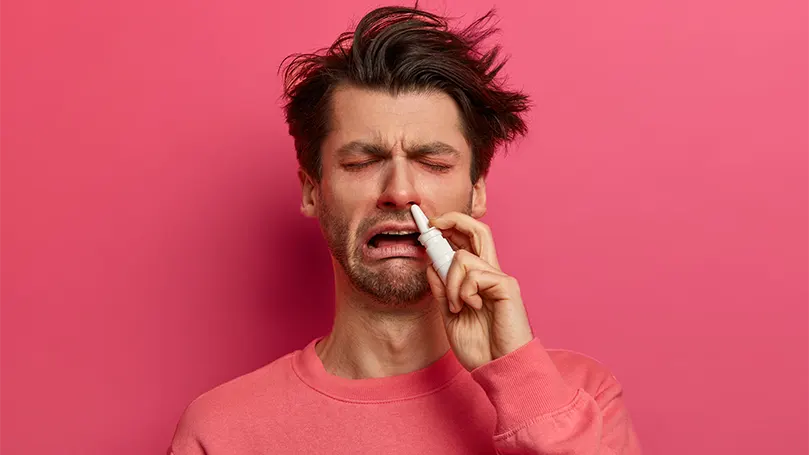
Allergies and infections can cause drooling in your sleep because they can cause difficulty swallowing. When you have a sore throat or are congested, it can be difficult to swallow properly and saliva may build up in your mouth. Pair this up with mouth breathing due to congestion and you end up with a wet pillow.
Gastroesophageal reflux disease
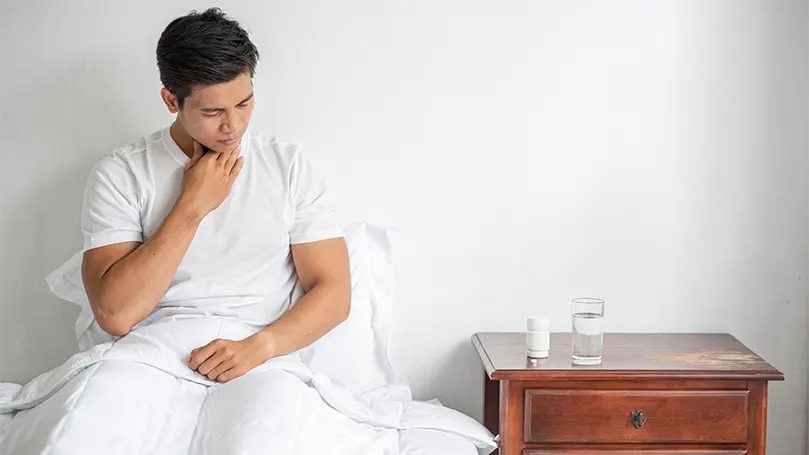
GERD can cause nighttime drooling because of the acid that is refluxed from the stomach. It can irritate the throat and cause excessive salivation. Additionally, people with GERD may also experience snoring or mouth breathing, which can also lead to drooling.
If you are experiencing drooling at night due to GERD, it is important to handle the problem, as a separate issue, because drooling is generally the least of your problems in that case.
Sleep apnea
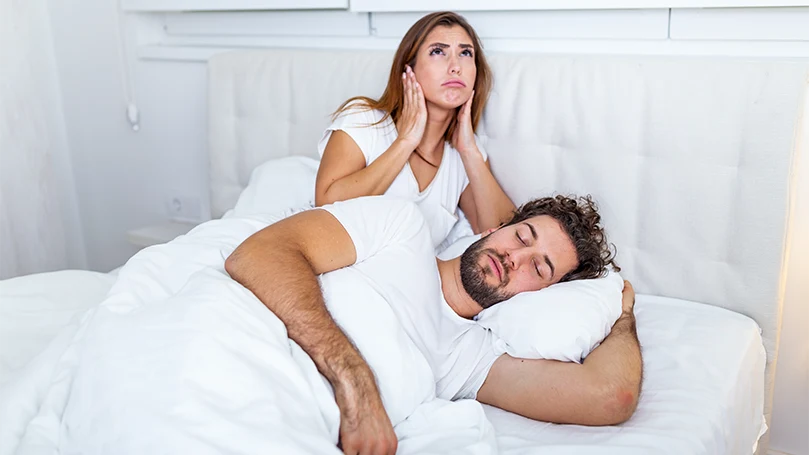
One of the ways that Obstructive Sleep Apnea can cause drooling is by causing people to snore and mouth breathe. When someone has sleep apnea, they often snore very loudly because of the obstruction in their airways.
Mouth breathing is also common in sleep apnea because it is one way to get more air into the lungs. These two sleep-related issues can cause drooling, as well as sleepiness during the day and other sleep-related problems.
Side effects of medications
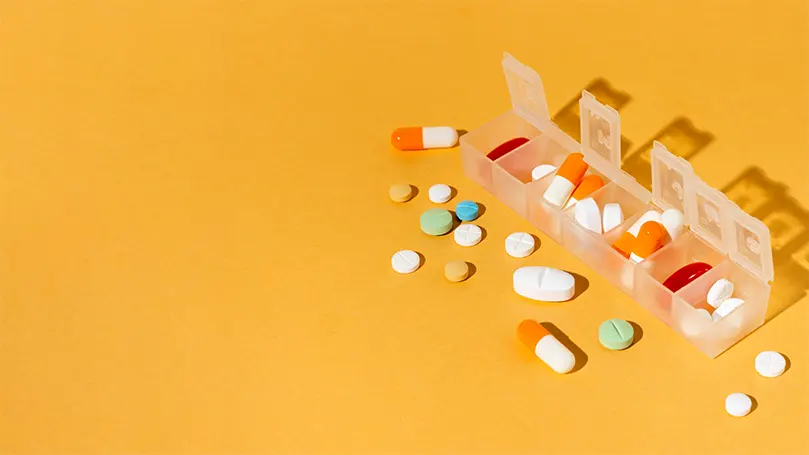
Drooling can also be caused by side effects from medications (some antibiotics or even neurological disorders medications).
Some of them can cause sleepiness and drowsiness, which can lead to a person snoring and experiencing a whole array of additional problems. Moreover, some medications (like clozapine) can simply cause excessive saliva production, which can lead to drooling.
Bruxism
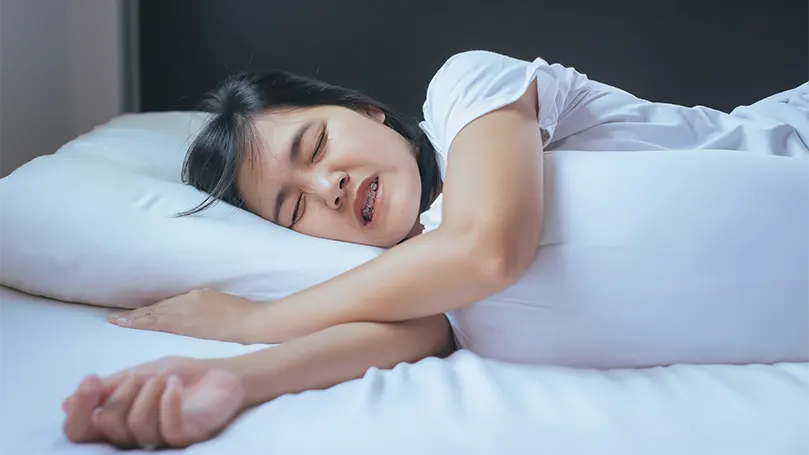
Bruxism, or teeth grinding, can cause drooling because it puts a lot of pressure on the jaw and teeth which leads to mouth breathing. Breathing through your mouth can then lead to saliva flowing freely and ending up on your pillow.
In addition to drooling, bruxism can lead to headaches, jaw pain, and grinding your teeth so hard that you actually damage them.
Other medical conditions
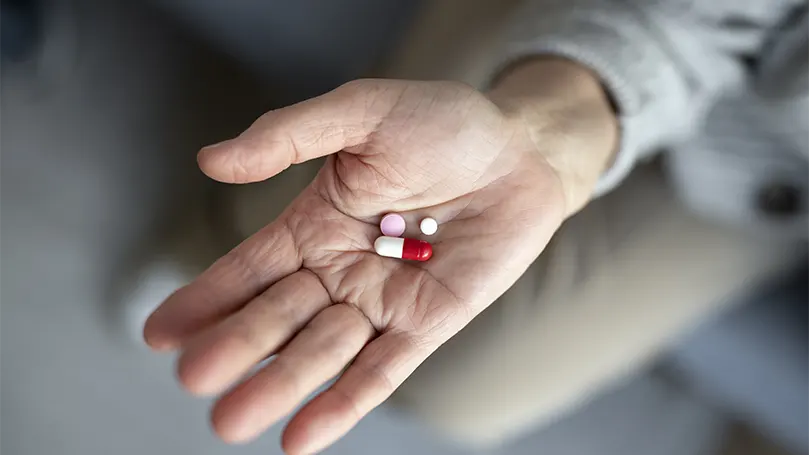
Medical conditions, such as certain neurological conditions and diseases (such as ALS, Parkinson's or Huntington's) can lead to drooling at night. Since salivary glands are controlled by the nervous system, neurodegenerative disorders often cause patients to drool due to hypersalivation.
It is not uncommon for drooling to come about as a result of stroke or brain injury.
Ageing
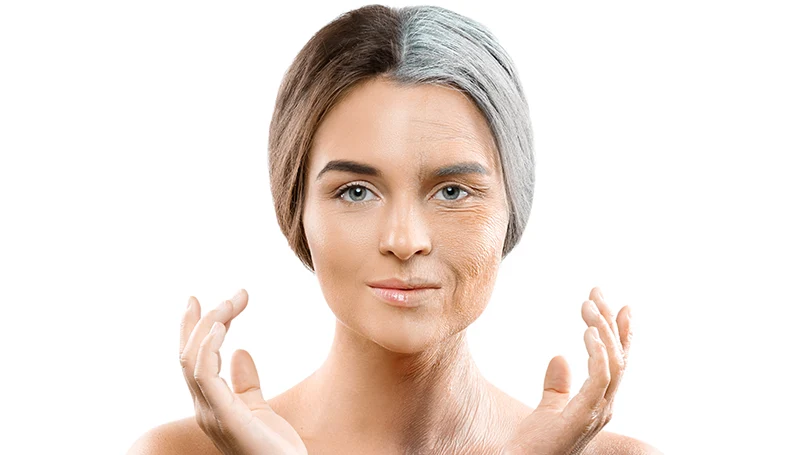
As people age, they may experience a decrease in the production of saliva. Paradoxically, this can lead to difficulty swallowing and, as a result, drooling at night.
Additionally, older adults are more likely to suffer from medical conditions that can lead to drooling. These conditions can include neurological disorders, diseases, and stroke.
Problems with swallowing
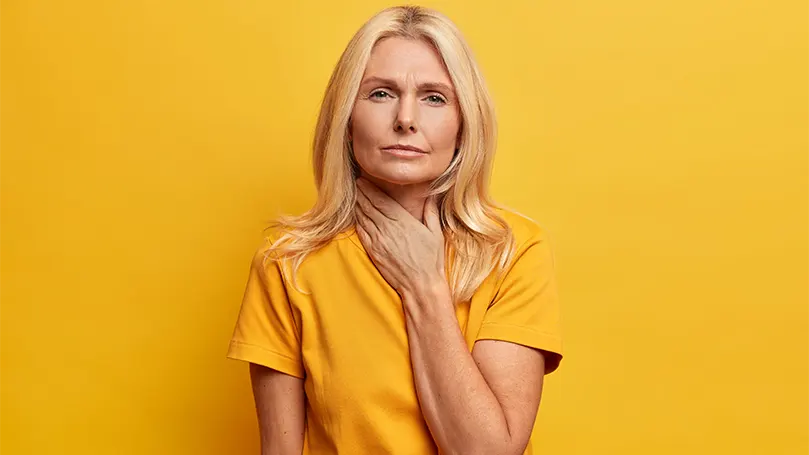
Difficulty swallowing can lead to nighttime drooling, especially if the problem is severe enough. When you have trouble swallowing, saliva can build up in your mouth and eventually start flowing out.
While some drooling while you sleep is normal, excessive drooling can be a sign of a medical condition. If you are regularly waking up to a wet pillow, it may be wise to visit a doctor to treat drooling by identifying the cause.
Congestion
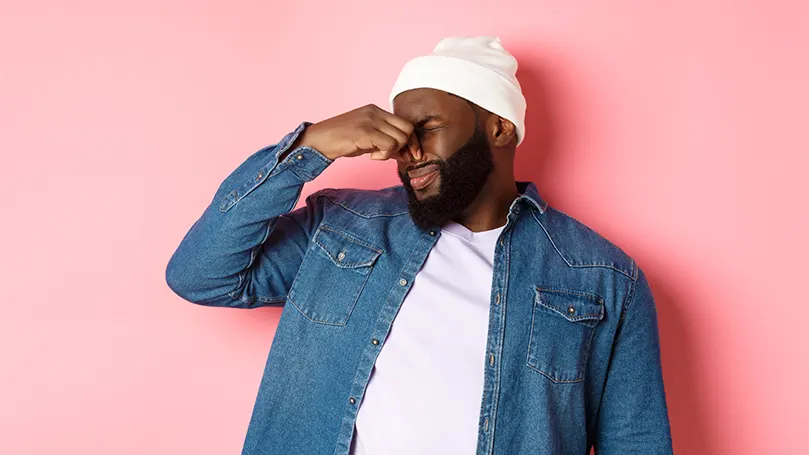
We begin breathing through the mouth as a direct result of congestion. Whether it's due to allergies or infections, leaving congestion unattended can cause post nasal drip and excess saliva production. It leads to several nighttime problems, including but not limited to, drooling.
How to stop drooling in your sleep?
Now that we have gotten familiar with most of the potential causes of drooling, it is time to look at possible solutions.
Change sleep position
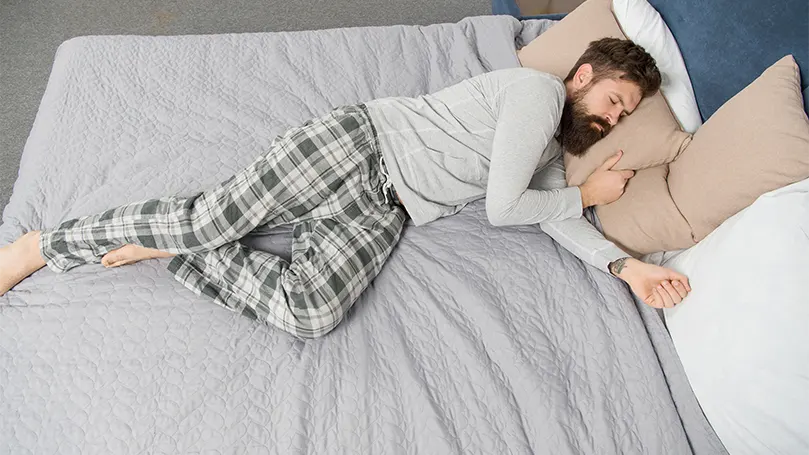
If you are experiencing drooling at night, one solution is to change your sleep position. Sleeping on your back can help to reduce the amount of saliva that leaves your mouth.
The only thing to keep in mind is that this won't fix any underlying issues (if there are any) but will simply let gravity do its thing.
Related Reading:
Elevate your head
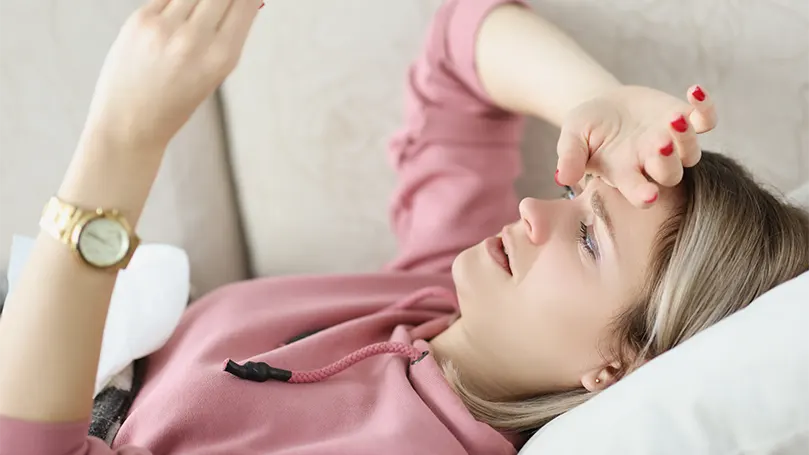
Research suggests that elevating your head up to a certain degree can help minimize the chance of drooling. This is because saliva tends to flow downward, so tilting your head can help stop it from reaching your pillow.
If you don't have an adjustable bed at home, you may want to sleep with more pillows under your head or try using a more supportive pillow while sleeping on your side.
Stay hydrated
If you're having trouble with drooling while you sleep, one way to help is to make sure you drink plenty of fluids during the day. This will help your body stay hydrated and can reduce the amount of saliva that's produced.
This is an easy remedy anyone could try, and as a “side-effect” to this “treatment” – you'll get healthier in every imaginable way.
Treat your allergies
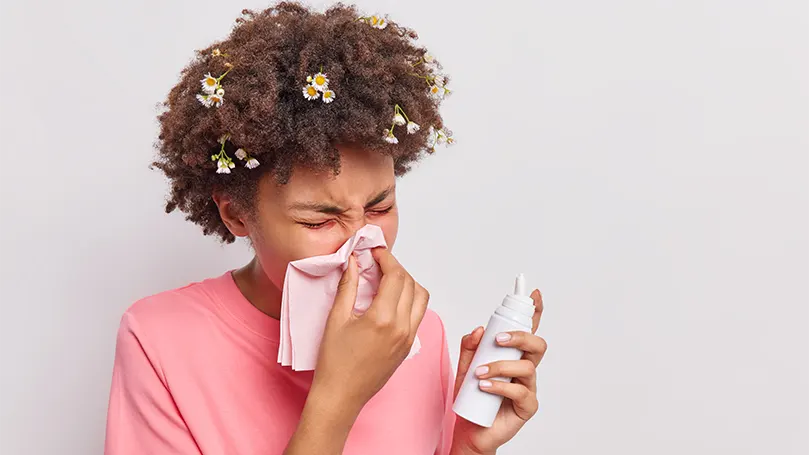
Allergens in the air can lead to a build-up of mucus in the nasal passages, which can then cause post-nasal drip. This, in turn, will trigger the body to produce more saliva as it tries to clear the drip from your throat, leading to drooling at night.
If you suspect that allergies are the cause of your nighttime drooling, consider using an over-the-counter allergy medication or speak to a doctor about other treatment options.
Speech therapy

If you are experiencing drooling at night as a result of a stroke or brain injury, and none of the aforementioned solutions work, you may want to consider seeking the help of a speech therapist.
The professional can help you to strengthen your tongue and jaw muscles, which can help reduce drooling by increasing your ability to swallow or breathe through the nose.
Look for medications
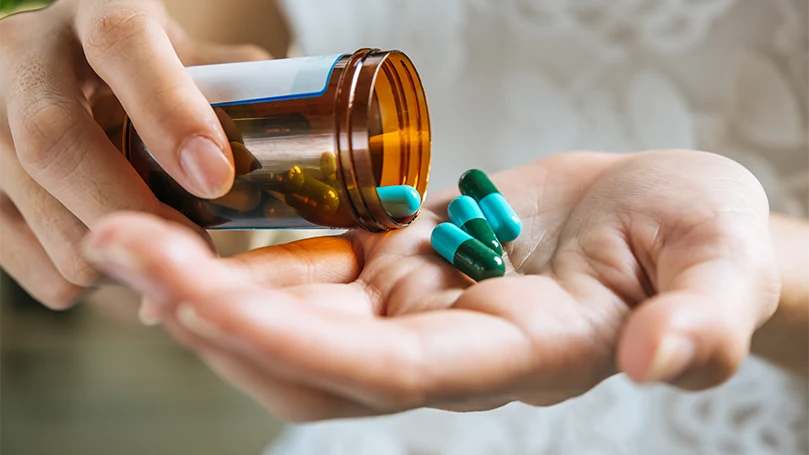
Some conditions will require treatment with prescription medications, and it is important to consult with your doctor about these options.
For example, some doctors may prescribe anticholinergic drugs, such as Glycopyrrolate or Scopolamine, which can help reduce saliva production and improve the natural process of swallowing.
Additionally, some neurological diseases and disorders might require medication, which could lead to preventing drooling, simply by treating the underlying cause.
Use a mouthguard
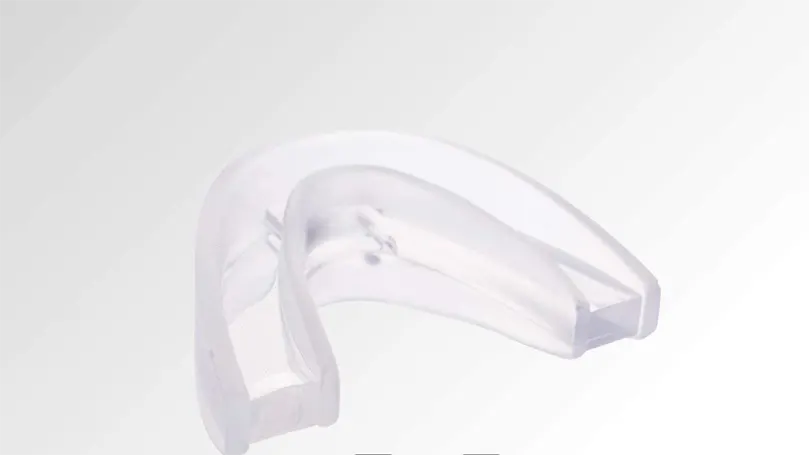
A mouthguard could be a good solution, especially if you are drooling because of a sleep disorder like obstructive sleep apnea. The mouthguard will help to hold your jaw in a forward position and will open up your airway so that you can breathe properly.
In the event of OSA being too much for just a mouthguard, CPAP or continuous positive airway pressure therapy might be the answer.
Surgery
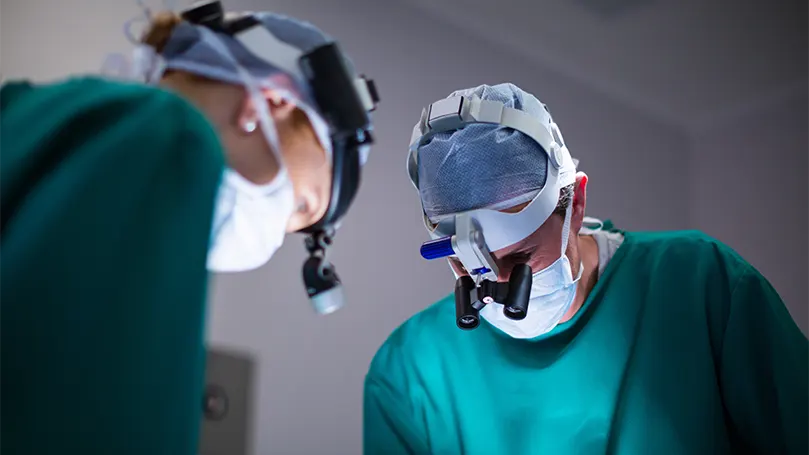
In extreme cases, like in the events of daytime drooling, surgery might be your only option. If you have had a stroke or other brain injury that is causing damage to the nerves or muscles in your mouth, surgery might be able to help.
For example, a surgeon may be able to repair or replace the damaged nerves or muscles. Additionally, some people with sleep apnea might need surgery to remove excess tissue from the throat.
While these are all viable options for stopping drooling at night, it is important to speak with your doctor or healthcare provider to determine the best approach for you. If you suspect that your nighttime drooling is a sign of a larger health issue, it is essential to seek professional medical attention as soon as possible. With the right treatment and care, you can stop drooling and live a healthier, more comfortable life.
Botox injection
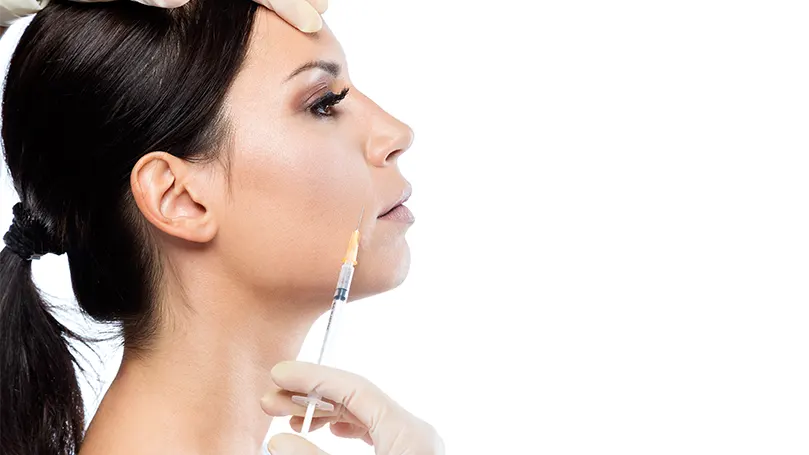
If drooling at night is becoming a problem, you might want to consider getting botox injections. Botox is a toxin that can help temporarily paralyze the glands that control saliva production. This will help to reduce or stop drooling altogether.
Botox injections are a fairly simple procedure and can be done in a doctor's office. To find out if this treatment is the right option for you, speak with your healthcare provider or a qualified specialist.
Conclusion – what should I do if none of these tips above help?
There is no easy and quick fix when it comes to drooling in your sleep.
However, with a little bit of perseverance and experimentation, you should be able to find a solution that works for you! Whether it's changing your sleeping position or using an oral appliance, there are plenty of options available that can help reduce or even stop drooling at night.
If none of these tips works for you, consider speaking to a doctor or healthcare provider about pursuing alternative treatments we haven't listed above. Whatever path you choose, remember that there is always hope for stopping nighttime drooling and living a better quality of life. Good luck!

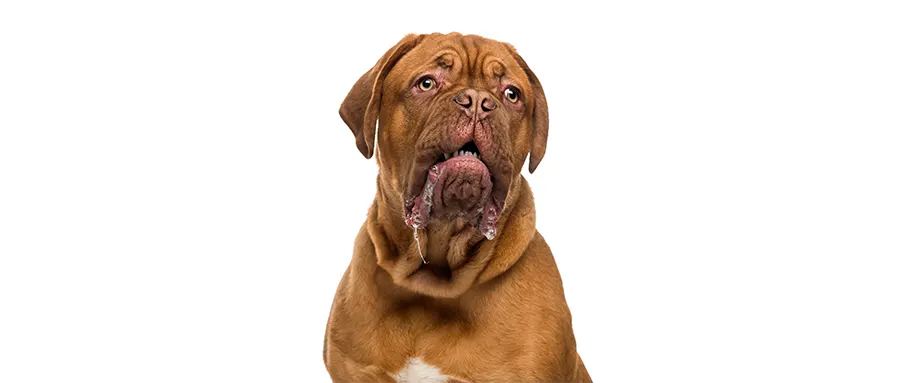











There are no comments yet
"*" indicates required fields